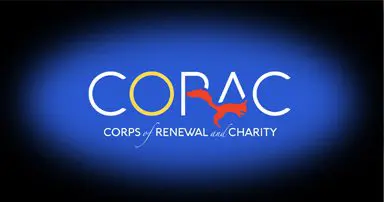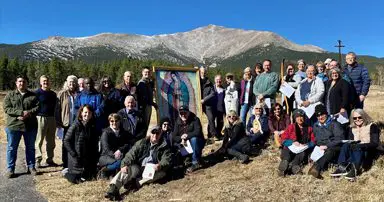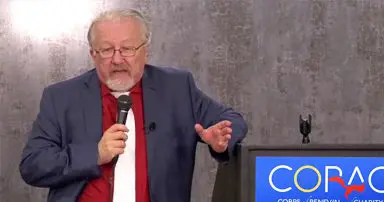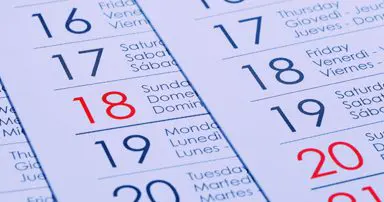I will be going into radio silence through this weekend. The CORAC Handbook and Manual on Building Functional Communities will go to Dr. Joe Brickner this weekend for formatting and then be released next week in digital form. Hard copies will be available later in the month, which you will be able to order from the CORAC site. This will be the first edition. As it is a new, and somewhat comprehensive, approach to taking back the culture there will be updated editions added as needed.
Diary of an American Exorcist is a magnificent book by Monsignor Stephen J. Rossetti of Washington D.C. It is simple, straightforward, candid and restrained. It is a very easy read but is chock full of clear insights and information. I often get annoyed at exorcist Priests who succumb to the temptation to condemn as satanic things that they simply don’t like. I also am put off when an exorcist gives an overly legalistic, formulaic method of discerning and avoiding demonic activity. These things, I think, do more damage than good as they can give a false sense of security and enflame the vulnerable into thinking they can become great demon-slayers. Once someone gets that idea they are already captive to the satan. The only way to combat a demon is to hold fast to Christ and call on His aid and the aid of the saints. Demons are brilliant but have real weaknesses. In the end, Christ is the only Exorcist. Priests who understand that and keep it at the forefront of their work do a great service. My favorite comment on the subject came from Fr. Daniel Reehil of Nashville. Asked at a Marian Conference how to become an exorcist, Reehil replied that, “the first rule is that if you want to be an exorcist, you shouldn’t be one.”
While in eastern Michigan, near the end of my last tour, I attended an all-day retreat with Fr. Mathias Thelen, founder of Encounter Ministries. One of our board members, Sue Domen, was also there. It was kind of fun running into various CORAC members from that part of the world before the opening Mass began. I had met Fr. Mathias before but this was the first time I had seen him give a full public presentation. He was magnificent! His subject was the Eucharist. He gave a clear, straightforward, deep talk on the physical, communal and spiritual aspects of the Eucharist and how to practically integrate it fully into our lives. The Q and A portion of the presentation at the end of the day was lively. The audience was fully engaged with this marvelous Priest who was as comfortable and cozy as flannel on a cold night, but on fire with joy at preaching the good news of the Gospel. It was one of the two or three best presentations I have ever attended. Fr. Mathias does accept speaking engagements around the country as he can – and you can make a request on the website. If you manage to secure him for a Parish Mission, you won’t be disappointed.
Our own Sheryl Collmer has written an open letter to Dallas Jenkins, the main creative force behind the popular streaming series on the life of Christ, The Chosen. The series has done a great job of respecting both Protestant and Catholic sensibilities. But now it comes to a critical moment. Most Protestants believe that Communion is only symbolic, that the bread only represents Christ’s body. Catholics, of course, believe the Eucharist IS the true body and blood of Christ in the form of bread and wine. During the Bread of Life Discourse in the Gospel of John, Jesus tells people they must eat His body and drink His blood if they are to have life within them. All are shocked – and many tell Him that they will leave if He means this. That was the opportunity for Christ to explain that He was just speaking metaphorically. He did not. He doubled down that He was speaking literally – and let them leave rather than soften this hard saying. For the life of me, even when I was a Protestant, I could not understand how anyone could consider himself a literalist while denying this saying that Christ most forcefully insisted was literal – even if it was literal in a way we could not yet imagine. At the institution of the Eucharist at the Last Supper, Jesus broke the bread and said, “Take and eat; this is my body.” He did not say this represents His body, but that it IS His body. Again, I do not understand how anyone who prides himself on his literalism can so glibly mangle the clear words of Christ to pretend they are metaphorical. Sadly, people routinely believe things that contradict their stated principles. This is important, though.

If communication goes out for any length of time, meet outside your local Church at 9 a.m. on Saturday mornings. Tell friends at Church now in case you can’t then. CORAC teams will be out looking for people to gather in and work with.
Find me on Twitter at @JohnstonPilgrim
The Corps of Renewal and Charity (CORAC)
18208 Preston Rd., Ste. D9-552
Dallas, Texas 75252
























0 Comments